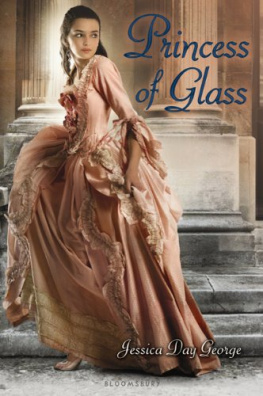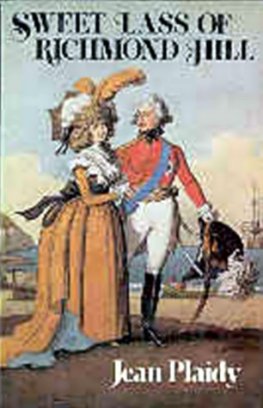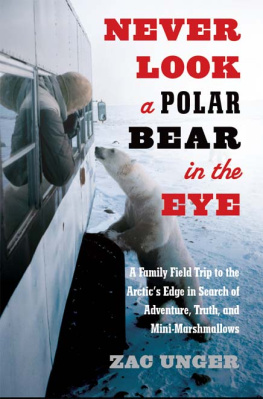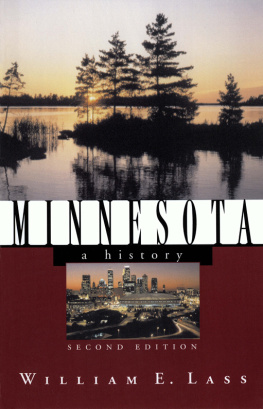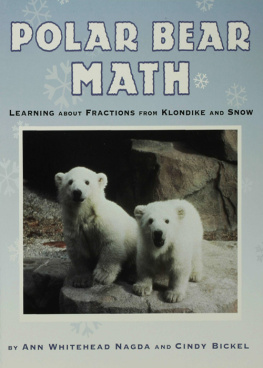Dragon Slippers
Dragon Flight
Sun and Moon, Ice and Snow

Jessica Day George

Contents
Copyright 2008 by Jessica Day George
All rights reserved. No part of this book may be used or reproduced in any manner
whatsoever without written permission from the publisher, except in the case of brief
quotations embodied in critical articles or reviews.
First published in the United States of America in January 2008
by Bloomsbury Books for Young Readers
E-book edition published in February 2011
www.bloomsburykids.com
For information about permission to reproduce selections from this book, write to
Permissions, Bloomsbury BFYR, 175 Fifth Avenue, New York, New York 10010
The Library of Congress has cataloged the hardcover edition as follows:
George, Jessica Day.
Sun and moon, ice and snow / Jessica Day George. 1st U.S. ed.
p. cm.
Summary: A girl travels east of the sun and west of the moon to free her beloved prince
from a magic spell.
ISBN-13: 978-1-59990-109-1 ISBN-10: 1-59990-109-9 (hardcover)
[1. Fairy tales. 2. FolkloreNorway.] I. East of the sun and west of the moon. English.
II. Title.
PZ8.G3295Su 2008 [398.2]dc22 2007030848
ISBN 978-1-59990-765-9 (e-book)
For my parents:
You gave me life, you gave me love,
you gave me a plane ticket to Norway.
Thank you.
Part 1
Woodcutters Youngest
Daughter
Long ago and far away in the land of ice and snow, there came a time when it seemed that winter would never end. The months when summer should have given the land respite were cold and damp, and the winter months were snow filled and colder still. The people said the cold had lasted a hundred years, and feared that it would last a hundred more. It was not a natural winter, and no one knew what witch or troll had caused the winds to howl so fiercely.
There was nothing to do in the long nights when the sun never rose and the day never came but huddle together by the fire and dream of warmth. As a consequence, many children were born, and as food grew scarcer, the people grew even more desperate.
It seemed that there was no bleaker place than the house of the woodcutter Jarl Oskarson. Jarl himself was a kind man, and devoted to his family. But Jarl and his wife, Frida, had been blessed, or burdened, depending on ones outlook, with nine children. Five of them were boys, who were a help to their parents, but four were girls, which displeased Frida greatly. She had no use for girls, she would say with a sniff as she sat by the fire. They were empty-headed and would one day cost the poverty-stricken family the price of a dowry. No one dared point out to her that the four girls did all of the cooking, washing, and mending, leaving Frida with ample leisure time.
So disappointed was Frida at seeing that her ninth labor had resulted in yet another worthless girl that she thrust the screaming baby into the arms of her eldest daughter, Jorunn, and refused to give her a name. Because the naming of daughters was a task for mothers, and her mother had refused that task, the ninth child of Jarl Oskarson remained nameless. They simply called her pika, which meant girl in the language of the North.
The nameless state of their last child worried Jarl. Unnamed children could not be baptized, and the trolls had been known to steal unbaptized babies. Jarl loved his children despite the familys poverty, and so he set out gifts to appease the troll-folk. Cheeses, honey-sweetened milk, almond pastries, and other delicacies that they could barely afford. Frida called it a waste, for she did not believe in trolls, but Jarl spent most of his days deep in the forest, and he had seen troubling things there. When the food disappeared, he held it up as evidence that such creatures were real, but Frida just sniffed that it was more likely their neighbors dogs were growing fat while she starved.
When the pika was nine, the eldest child, Hans Peter, came home from the sea. He was a tall young man, blue-eyed and handsome, or at least he had been handsome before he left. Now, after five years aboard the merchant ship Sea Dragon, he was stooped and tired, his hair more silver than gold, and his blue eyes had a haunted look. He had traveled far, he said, and seen some things more wonderful than he could describe and others too terrible to relate. He had been injured on a journey so far to the north that sun and moon seemed to touch in the sky as they passed, and now he was home to stay.
This vexed Frida greatly, because she had been very pleased to send her eldest son into the world. There had been one less mouth to feed and the promise of wages sent home. But now Hans Peter sat all day in their cottage, carving strange figures on the firewood before dropping it into the hearth. Hans Peters injury must have been healed before he returned home, or perhaps, Jarl told the others, it had not been an injury of the body. Whatever it had been, there was no sign of it now, save for the young mans melancholy.
But the pika worshipped him. She thought that her brother was still the handsomest man in the district, even though everyone else said that title had surely passed to the next brother down, Torst (for all the woodcutters children were fair). But Torst liked pulling the youngest girls braids and teasing her, while Hans Peter was soft-spoken and kind. He had learned some of the language of the Englanders on his travels, and he called the youngest girl lass. It still meant nothing more than girl, but it sounded prettier than pika.
Aye, lass, he would say, holding up a piece of wood he had been carving, to show her the strange, angular marks upon it. This is bear. And this herepointing to anotheris whale. And then he would cast the wood into the fire. And the lass would nod solemnly and snuggle close to listen to one of his rare stories about the life of men at sea.
Jorunn, who, as the eldest girl, had the charge of teaching the younger children their letters, scoffed at the lass when she insisted that Hans Peters carvings were a sort of language. Its not the language of England, thats for sure, she retorted, tossing another one of the carvings into the fire and using a bit of charred stick to write the alphabet on the scrubbed table. For the priest says that every Christian land uses the same letters. And the priest went to school in Christiania. Her words carried a solemn weight: Christiania was the capital, and the priest was the only person for miles around who had been there.
But Hans Peter continued to show his little lass the carvings, and she continued to study them with big, solemn eyes. Of all the children, she alone had dark brown eyes, though her hair was more reddish than gold, which was not uncommon in that family. Before it went gray, Jarl had boasted the same color hair, and four of the nine children had inherited it.
When the lass was eleven, Jorunn married a farmers son who was too poor himself to expect much in the way of dowry, and they moved into an extra room in his fathers house. That same year, Hans Peter traded some of his more commonplace carvings to a tinker from the south, so the family got the flour and salt they would need to last another winter. He hadnt particularly enjoyed making wooden bowls and spoons, but the patterns of fish and birds he had carved around the edges of the bowls had made the lass clap her hands with pleasure.
Frida was marginally appeased, and a little of Jarls burden was eased. And the lass grew, and Hans Peter carved. And the winter continued, without sign of spring.
Next page

